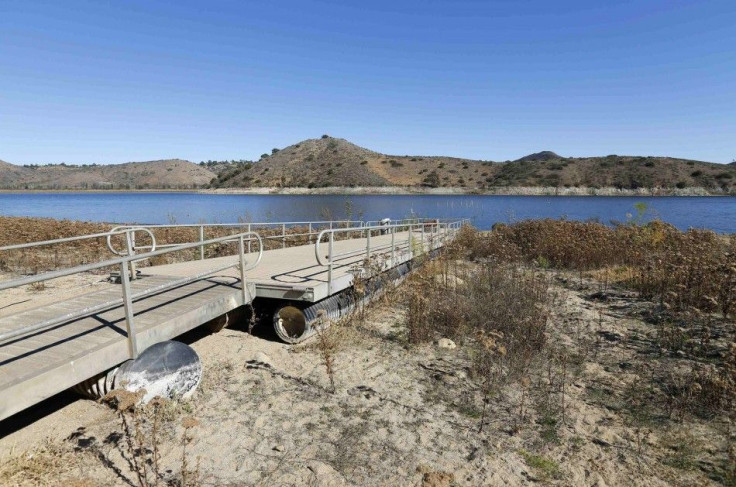Climate Change Made 2013 New Zealand's Warmest Winter on Record

New Zealand had the warmest winter on record in 2013. According to the State of the Climate 2013 report released by the American Meteorological Society, some of the countries in the Southern Hemisphere including New Zealand had 2013 as the one of their warmest years.
For New Zealand, 2013 is its hottest winter and third warmest year on record. According to the report, Australia had its second warmest since records began in 1910. Four scientists contributed to the report including Dr James Renwick, an associate professor in the School of Geography, Environment and Earth Sciences at Wellington's Victoria University.
Renwick was responsible for preparing the climate summaries for Asia, Oceania and Europe. He noted the devastating floods in Europe in 2013 which caused the deaths of 24 people and damages worth billions of dollars.
The climate report also said extreme weather events like the super typhoon Haiyan that struck the Philippines in 2013 was one the strongest cyclones ever recorded. Haiyan had peak winds that moved at 315 kilometres per hour with storm surges reaching 6 to 9 metres in height. Over 6,000 people were left dead in its wake while two million were displaced from their homes.
Renwick also mentioned the extreme heat waves in Australia where some areas had recorded above average temperatures at least 10 degrees Celsius higher for several days in January 2013. The New Zealand scientist described the findings in the report as "sobering." However, they only support what researchers had come to expect from the changing climate.
Renwick cited the recent weather events in New Zealand's Northland as a preview of what Kiwis can expect in the coming years. The Northland region has been experiencing dry summers in recent years. Reports said Northland is currently experiencing higher than average rainfall. Renwick said shifting from drought to floods is what people can expect from climate change.
The report highlighted the need for long-term planning for the future due to the variability of climate. He said it will continue to change New Zealand's agricultural patterns as well as other nations around the world.
The State of the Climate report was compiled by 425 scientists from 57 countries. Aside from the increasing temperature, the report also highlights the continuous increase of greenhouse gas emissions, rising sea levels and Arctic warming.





















